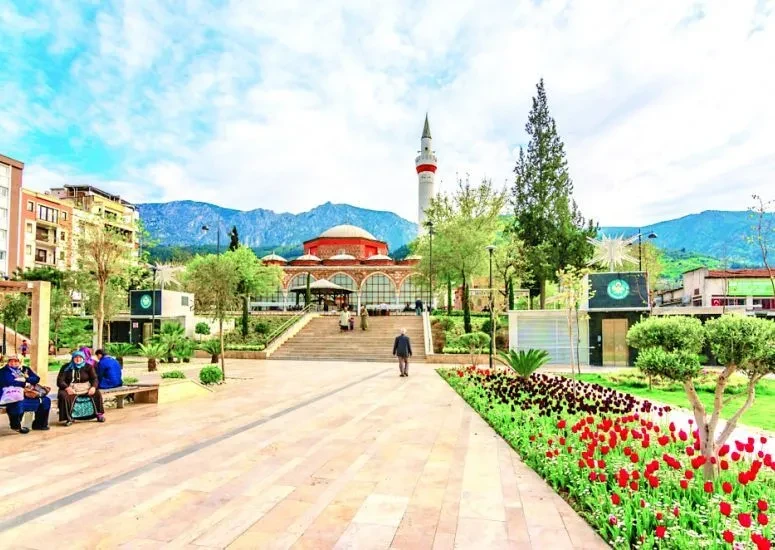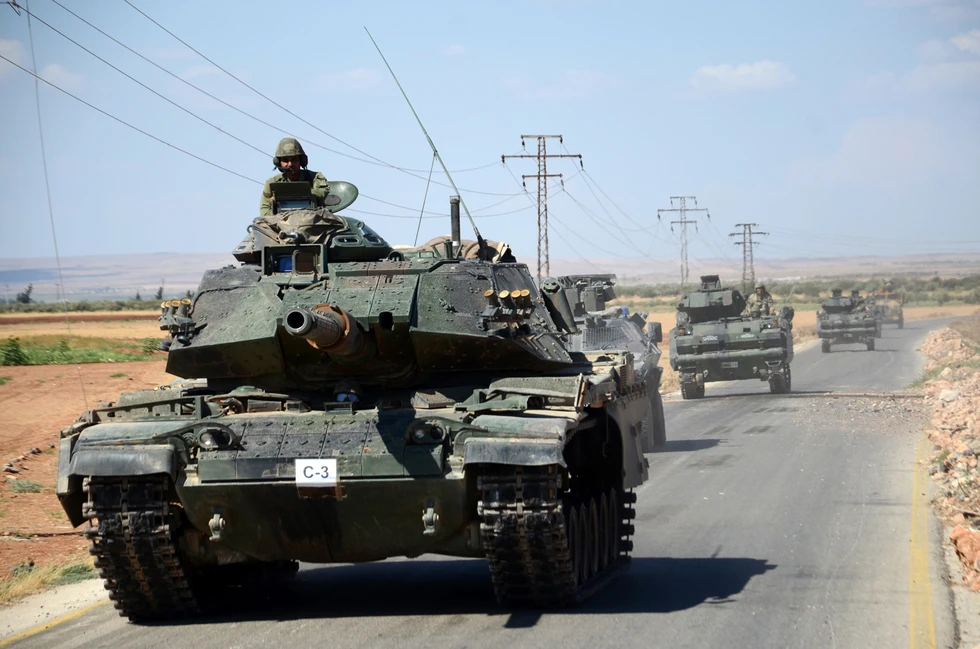Manisa plans Turkish Chinatown as part of BYD’s $1 billion investment
 Manisa. (Shutterstock)
Manisa. (Shutterstock)
A Turkish Chinatown is set to become a defining feature of Manisa as the city prepares for the arrival of 2,500 Chinese workers and their families. The cultural hub is part of a larger transformation driven by BYD’s $1 billion electric vehicle manufacturing facility, which is expected to begin operations by late 2026.
The Turkish Chinatown initiative, announced by Manisa Mayor Ferdi Zeyrek, will create a dedicated neighborhood to accommodate the influx of Chinese employees and their families. Known as “China Street,” this thematic project will serve as a cultural and residential hub, blending Chinese traditions with the local environment.
“We are designing Turkish Chinatown to ensure our guests feel at home while introducing cultural diversity to Manisa,” Zeyrek said. The project aims to ease the adaptation process for newcomers while enriching the city’s cultural landscape. Housing, recreational areas, and cultural spaces reflecting Chinese heritage will form the core of this development.
The Turkish Chinatown will complement BYD’s landmark $1 billion investment in Manisa, which includes an electric vehicle manufacturing facility with an annual capacity of 150,000 vehicles. The project is expected to create 5,000 local jobs and stimulate economic activity across the region.
In addition to the factory, the investment includes a research and development center for sustainable mobility technologies. Mayor Zeyrek estimates the total impact could generate 20,000 jobs, including those in supporting industries, and bring economic benefits to nearby districts such as Soma and Kırkağaç.
To support the success of Turkish Chinatown and BYD’s operations, infrastructure upgrades are underway. A logistics center and new railway lines, connecting Soma to Türkiye’s major ports in Aliağa and Çandarlı, are being developed to enhance the region’s connectivity and logistical capabilities
The creation of Turkish Chinatown represents a significant cultural and economic milestone for Manisa. Beyond the immediate economic benefits, the project is expected to redefine the city’s identity, positioning it as a center for global integration and cultural exchange.
“Turkish Chinatown will be more than a neighborhood—it will be a symbol of Manisa’s evolution into a city where cultures unite and opportunities thrive,” Zeyrek said.
With Turkish Chinatown at its heart, Manisa is poised to become a model for blending international investments with local culture, setting the stage for a new era of growth and diversity in Türkiye.



